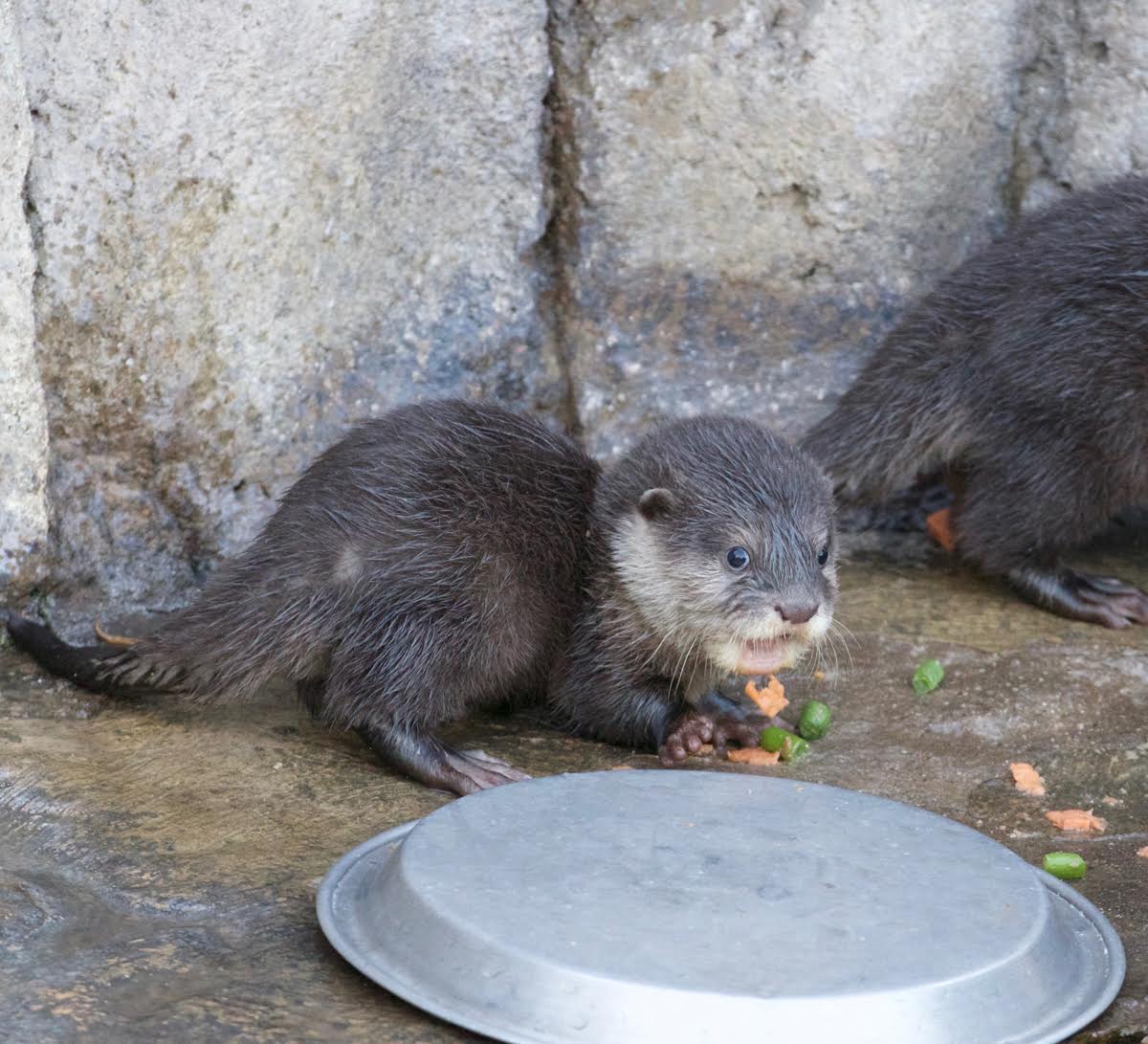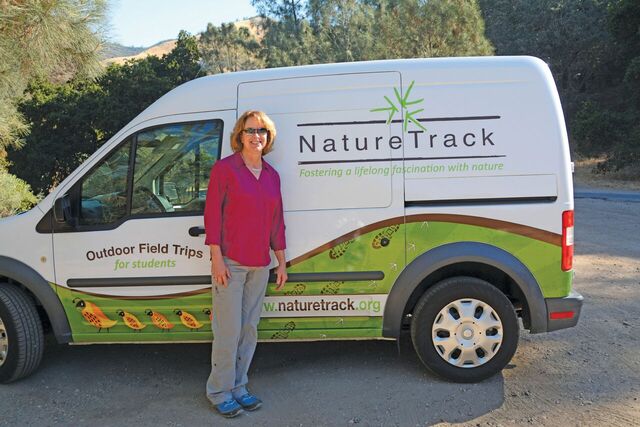Does your child have a question about an animal at the Santa Barbara Zoo? Post it on our Facebook page (facebook.com/santabarbarafamilylife) for a chance to get free zoo admission.
“I love the otter pups at the zoo, but why did we have to wait to see them?”
— Judith, age 9
We were so excited when our pair of Asian small-clawed otters, Gail and Peeta, had their first litter on Oct. 7. We had just done a test that confirmed that Gail was pregnant and knew that she was due any day. They were busy arranging the bedding in a nesting box in their holding area.
When we arrived early that Saturday morning, Gail and Peeta didn’t come out to greet us like they usually do. Then we heard squeaks! That’s how we knew the pups were born. We later discovered that there were two female and one male pup.
Both Gail and Peeta were very attentive. Gail only arrived in March of last year and it’s been fun to see them bond, and then become parents. She’s a young mom, but she does very well. Peeta is totally devoted to the pups.
Otters are born with their eyes closed and are completely dependent on their parents. In the wild, small-clawed otters keep pups in a den where they are safe from predators. Our new parents kept theirs in the nesting box until their eyes opened, they were big enough to learn to swim, and had grown teeth to eat solid food. We figured it would be mid-December when the pups would be ready to come outside.
We had no way to know that the Thomas Fire would impact the zoo at that time, and that we would close for several days due to the ash and smoke in the air. We delayed letting the otter family into their outside exhibit until the air quality improved. They debuted on Dec. 21.
You may recognize their names as characters in the popular “Hunger Games” books and movies. Peeta was born at the Fort Defiance Zoo in Washington in 2008. Gail was born at the Greensboro Science Center in South Carolina in 2013.
These days, the otter family is such fun to watch! They are very active early in the day, so that’s a good time to see them,
-Heather, senior mammal keeper






